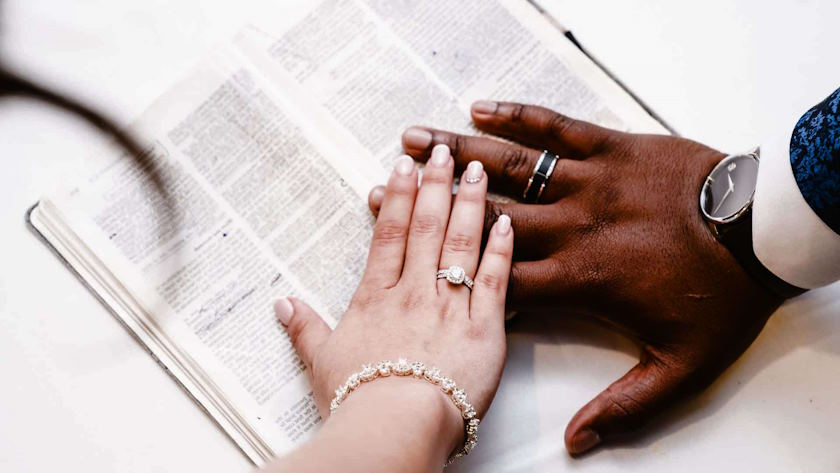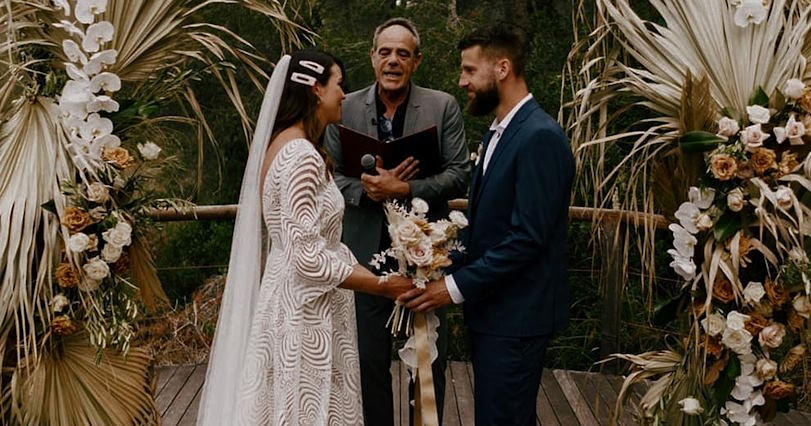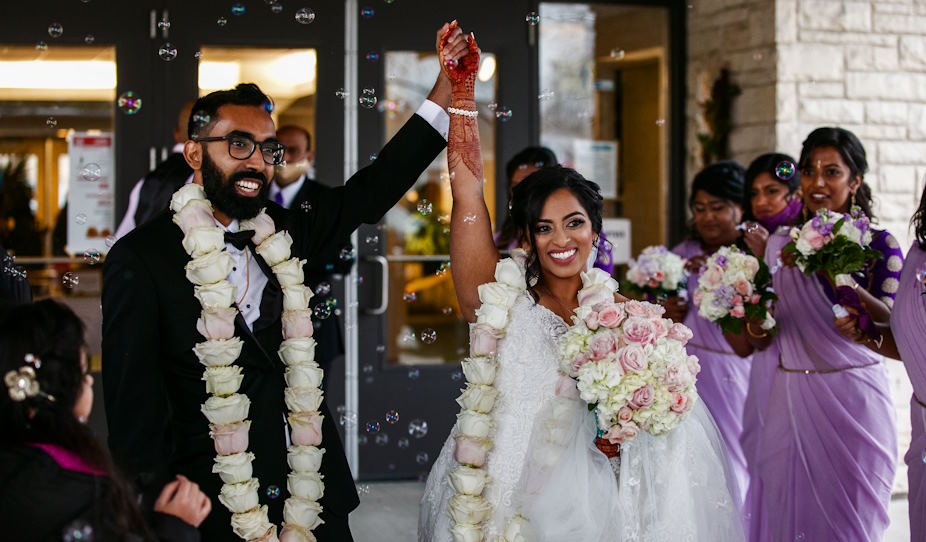As society becomes increasingly multicultural and interconnected, the concept of marriage transcends religious boundaries, bringing together individuals from diverse backgrounds and belief systems. While this blending of cultures enriches the fabric of society, it also presents couples with the opportunity – and sometimes the challenge – of integrating their respective religious traditions into their wedding celebrations. Whether it’s a Christian-Jewish union, a Hindu-Muslim partnership, or any other combination, each couple embarks on a unique journey to honor their individual beliefs while forging a shared path forward.
Finding Common Ground
While couples may come from different religious backgrounds, they often share common values, beliefs, and aspirations. Identifying these shared elements can serve as a guiding light in navigating the wedding planning process. Couples can discuss their vision for the wedding day, focusing on elements that resonate with both partners and reflect their unique love story. From selecting a venue that holds personal significance to choosing meaningful readings or blessings, finding common ground allows couples to craft a wedding ceremony that authentically represents their relationship while honoring their respective religious traditions.

Creative Blending of Religious Elements
Wedding planning offers couples the opportunity to weave together the tapestry of their diverse religious backgrounds into a harmonious celebration of love and unity. Rather than viewing their differences as obstacles, couples can embrace them as opportunities for creativity and innovation. For example, couples may opt for a fusion ceremony that incorporates rituals from both religious traditions, such as a Jewish-Christian wedding under a chuppah adorned with symbols from both faiths. Alternatively, couples may choose to have separate ceremonies, each honoring their respective religious traditions, followed by a unified reception that celebrates their shared commitment.
Communicating with Families
Family dynamics can play a significant role in wedding planning, especially when it comes to couples with different religious backgrounds. It’s essential for couples to communicate openly and honestly with their families about their wedding plans, including how they intend to incorporate religious elements into the celebration. While some families may be supportive and open-minded, others may express concerns or reservations. In such cases, it’s crucial for couples to approach these conversations with empathy and understanding, seeking to find common ground while respectfully asserting their autonomy and vision for their special day.

Collaborating with Officiants for Ceremony Coordination
For couples with varying religious affiliations, finding an officiant who can honor and respect both partners’ backgrounds is pivotal in the wedding planning process. Opting for an interfaith or multicultural officiant, adept at seamlessly blending diverse religious traditions, can be key. Moreover, couples should engage in close collaboration with their officiant to meticulously plan the ceremony, carefully selecting readings, prayers, and rituals that hold personal significance while upholding the religious sensitivities of all involved, including both partners and their families.


 Maria Cropper, a seasoned wedding expert, brings boundless creativity and passion to her blog. With a keen eye for detail and a love for romance, she curates inspiring content that guides couples on their journey to a dream wedding.
Maria Cropper, a seasoned wedding expert, brings boundless creativity and passion to her blog. With a keen eye for detail and a love for romance, she curates inspiring content that guides couples on their journey to a dream wedding.